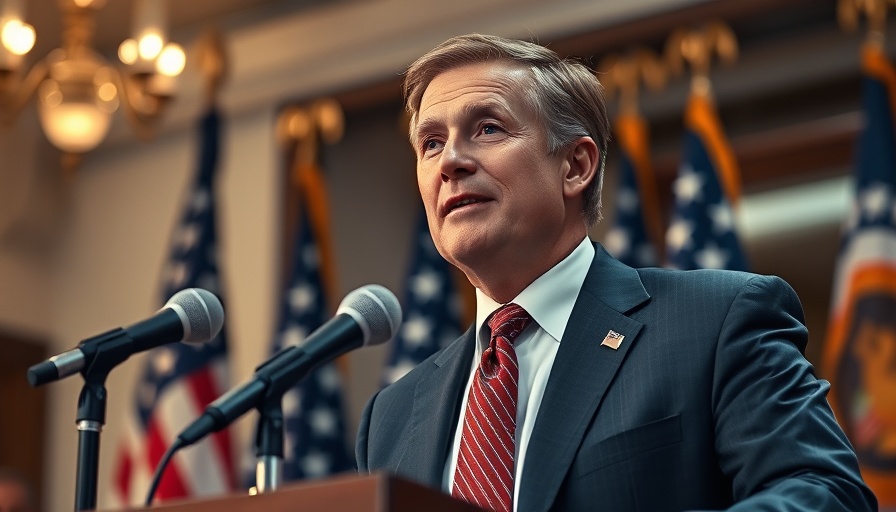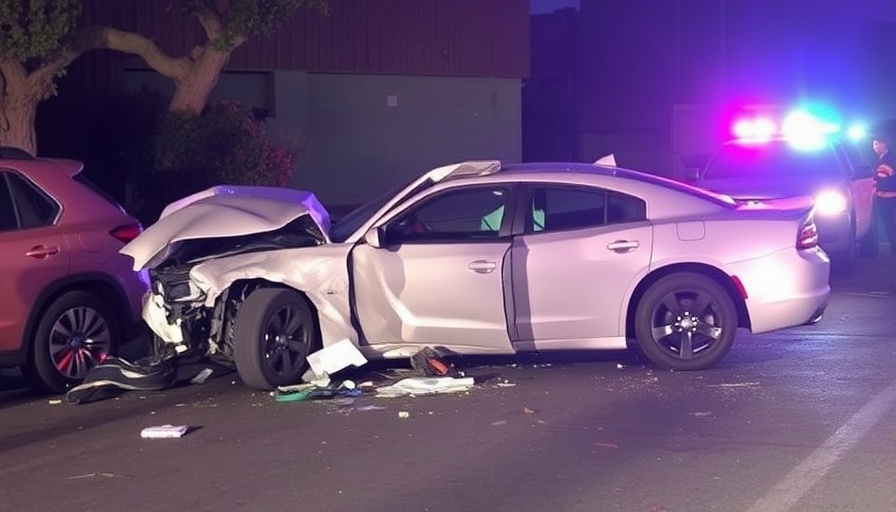
Why Trump’s Veto Could Shape Iran-U.S. Relations
Recent reports indicate that President Donald Trump decisively rejected an Israeli plan to assassinate Iran’s Supreme Leader, Ayatollah Ali Khamenei. This pivotal decision carries profound implications for U.S.-Iran relations and the broader geopolitical landscape in the Middle East. Understanding these dynamics is crucial, especially for residents of North County San Diego who are impacted by the cascading effects of foreign policies on local stability and security.
The Escalating Tensions Between Israel and Iran
The context behind Israel’s proposal illuminates the intense and often volatile adversarial relationship between Israel and Iran. Israel views Iran’s nuclear ambitions as an existential threat, which drives its aggressive military strategies. This proposed operation was seen as a potential game-changer that could destabilize the region further. Iran and Israel have been engaged in a cycle of retaliatory strikes recently, each accusing the other of orchestrating hostilities. The latest round of conflict saw Israeli strikes on Iranian military sites, with Trump’s administration working to mediate these escalations to prevent any broad-based conflict.
Trump’s Strategic Calculations Amid Conflict
Trump's decision to veto the assassination plan underlines his administration's broader strategy of cautious engagement. With a focus on stability rather than chaos, Trump's team assessed that such an operation could incite Iran into retaliation against U.S. interests, potentially exploding into a broader military conflict. His vocal stance on ensuring that American forces would retaliate “at levels never seen before” displays a clear warning to Iran, illustrating the delicate balance his administration aims to maintain.
Local Impact: A Community Response
For residents of North County San Diego, understanding the implications of these international developments is key to comprehending how foreign policy affects local security and well-being. The U.S. military presence in the region is a topic of concern, especially for those aware of the impact that overseas conflicts can create back at home—whether through military deployments, economic strains, or increased security measures. Maintaining a dialogue about international politics within local communities can foster greater awareness and preparedness.
Potential Pathways to Peace: Future Predictions
In an unexpected twist, Trump suggested that Israel and Iran “should make a deal, and will make a deal,” hinting at potential diplomatic resolutions that may emerge amid rising tensions. Such negotiations could bring about collaborative efforts that detract from military action, offering hope in the face of pervasive unrest. As citizens, advocating for diplomatic actions may foster dialogues that transcend generational fears and stereotypes, bringing about a more peaceful coexistence.
Final Thoughts: The Toll of Military Decisions
Military decisions made on a global scale invariably trickle down to local communities. Trump's veto of the assassination plan may prevent further escalation, but the implications of military policy continue to resonate throughout neighborhoods. For residents of North County San Diego, promoting a culture of peace and understanding in the face of international conflict begins with shared knowledge and active engagement with the world around them. Let’s foster hope for diplomatic discussions and prioritize local awareness about these significant geopolitical decisions.
 Add Row
Add Row  Add
Add 



Write A Comment